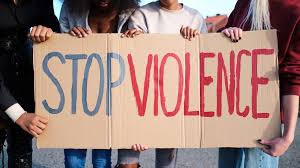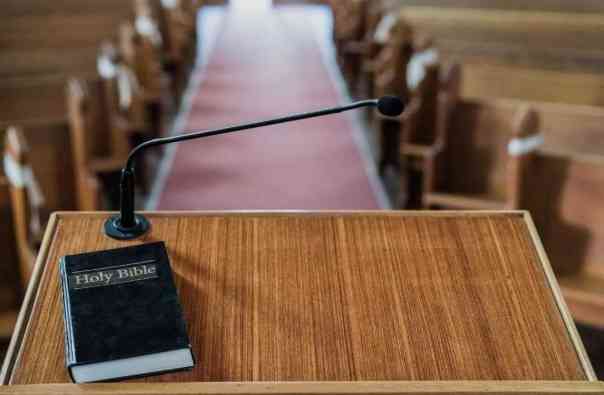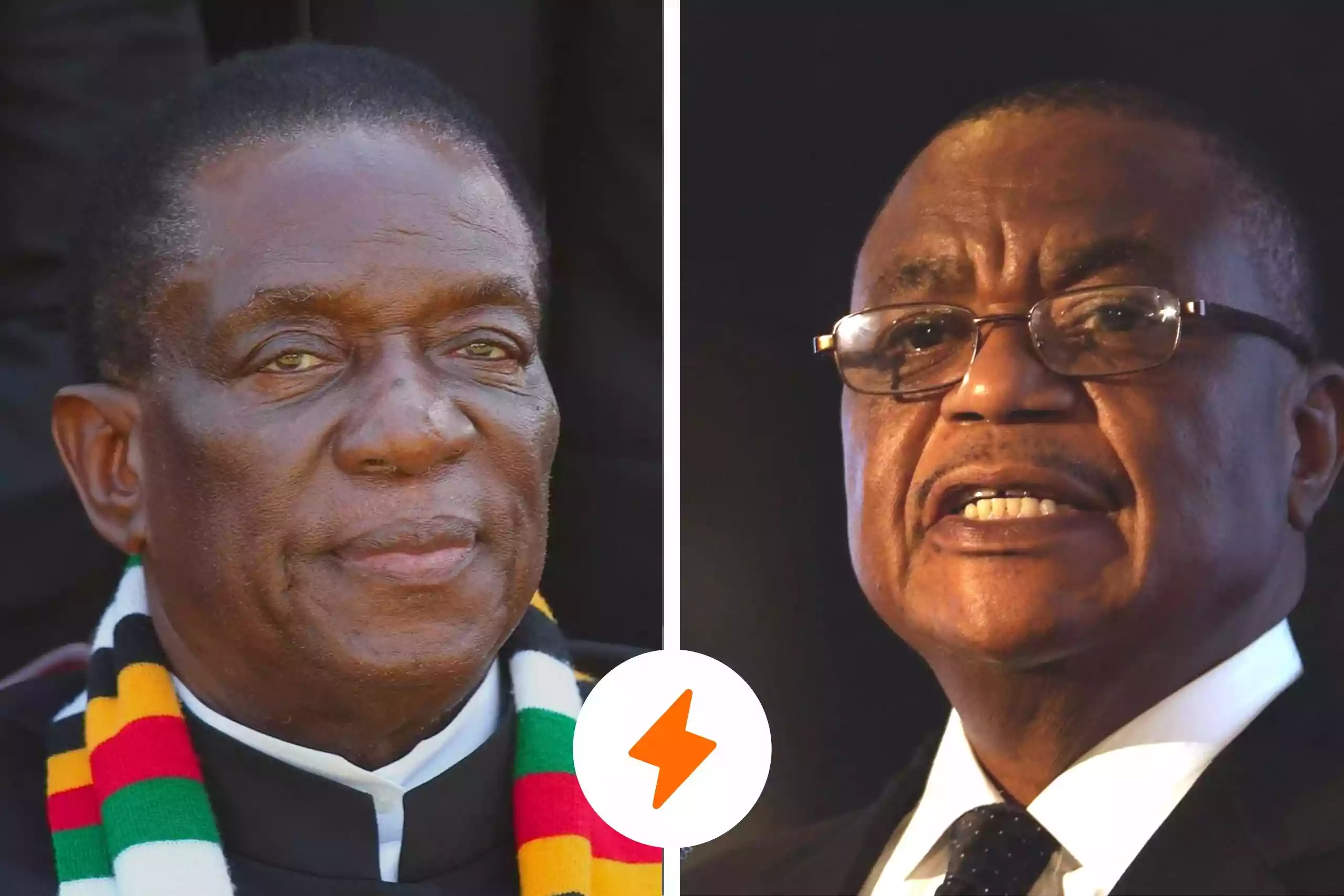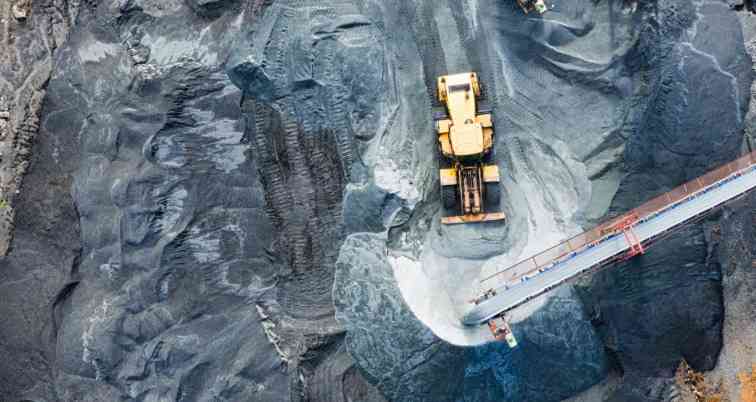
Two important issues are sticking out of our reporting this week — severe waves of violence that one wouldn’t imagine outside the madness of election seasons, and the emergence of new forms of looting through the airline ticketing system.
While they seem unrelated, they are worth commenting on because, at the centre of it all, stands a government that appears to have lost its way — or worse, its radar.
It is failing to act when its citizens need protection the most, from physical harm, and from the actions of a few powerful individuals who have turned public assets into personal fiefdoms. This is the lowest a government can sink. Without those we have entrusted with our lives raising their antennas to gauge the dangers that stalk us, we are nothing but an abandoned lot. We are no different from animals roaming in no man’s land.
It gets gloomier when we send those same officials to confront looters, and they join the looting party. Then I start wondering the type of creatures we have turned into.
Zimbabwe stands at a dangerous crossroads. As we report in this edition, the country is torn between the violence that silences its citizens and the corruption that empties its vaults. Both forces, working in unholy alliance, have reduced the nation to a theatre of fear and deprivation.
According to the 2025 State of Peace in Zimbabwe report by ZimRights, over 71% of citizens have suffered political or social violence in the past year. That is not just a statistic to collect and craft policy. It is a scar on the conscience of a nation that once fought for dignity, not domination. It tells of a country that has normalised brutality as a tool of governance, and silence as a form of survival.
How can a people prosper under such conditions? How can development take root where fear has become policy? Zimbabwe’s powerful continue to promise peace, yet deploy intimidation; they preach patriotism, yet plunder the Treasury. The regime must end this double life. I mean the violence in the streets and the looting in boardrooms.
The ZimRights report exposes deep rot. It says only 17,9% of citizens trust law enforcement. The police, once protectors of the people, are now seen as agents of repression or negligence. That mistrust has spread across every institution. Churches, traditional leaders and NGOs now do the work the government should be doing — mediating conflicts and calming communities. But remember, when faith in the state collapses, society fractures.
- New perspectives: ‘We also died for this country!’
- Court grants businessman’s ex-girlfriend peace order
- New perspectives: ‘We also died for this country!’
- Salvation Army partners Padare in GBV fight
Keep Reading
This culture of violence is not accidental. It is inherited. From the Gukurahundi massacres to the violent elections that have punctuated every decade since independence, Zimbabwe’s rulers have used coercion to protect privilege. As ZimRights rightly notes, the colonial architecture of oppression was never dismantled. We moved in in 1980 and repurposed it. In my view, today’s violence is yesterday’s machinery, redeployed.
The cost has been devastating. A nation born out of the promise of liberation is now chained by its own liberators. The dream of freedom has become a nightmare of fear, surveillance and political intolerance. Citizens speak in whispers. Civil society walks on eggshells. And investors, both local and foreign, flee a country where order and policy can vanish overnight.
But violence is not the only weapon killing Zimbabwe. We are also in the grip of shocking corruption, practised so openly it feels like people are selling bananas. The economy has become a vast sieve, draining billions while the nation starves. Over US$1,5 billion in gold is smuggled out every year. Another US$2 billion vanishes through illicit financial flows. Add billions more lost through poor tax administration, arbitrary regulations and punitive treatment of business.
The result is an economy rich in resources but bankrupt in morality. The same state that unleashes police on peaceful citizens cannot police cartels siphoning national wealth. As the auditor-general’s reports show, every ministry leaks, and every parastatal bleeds. Every promise of reform dissolves into impunity.
Now even tourism, a supposed bright spot, is bleeding. As we reveal this week, 72% of travel agencies operate outside official billing systems, rerouting foreign payments offshore. Millions of dollars are disappearing while the government watches. That is not negligence. It sounds like complicity.
The state cannot claim to build peace while tolerating corruption. It cannot talk of patriotism while its own agents sabotage the economy. Violence and looting are two sides of the same coin. The first crushes dissent, the other finances decadence.
Zimbabwe needs accountability. Leaders who speak of peace must prove it by punishing those who break it. Politicians who parade as patriots must account for the money vanishing under their watch.
If the regime continues to rule by fear and theft, it will preside over a country drained not only of money but of faith, talent and hope. The youth already vote with their feet. Peace will never thrive in a climate of injustice. Prosperity will never come from a system that rewards plunder. It is time to stop the violence, and to seal the sieve.
Until then, Zimbabwe will remain a wounded nation: bleeding in silence, ruled by fear, and robbed by those sworn to protect it.











